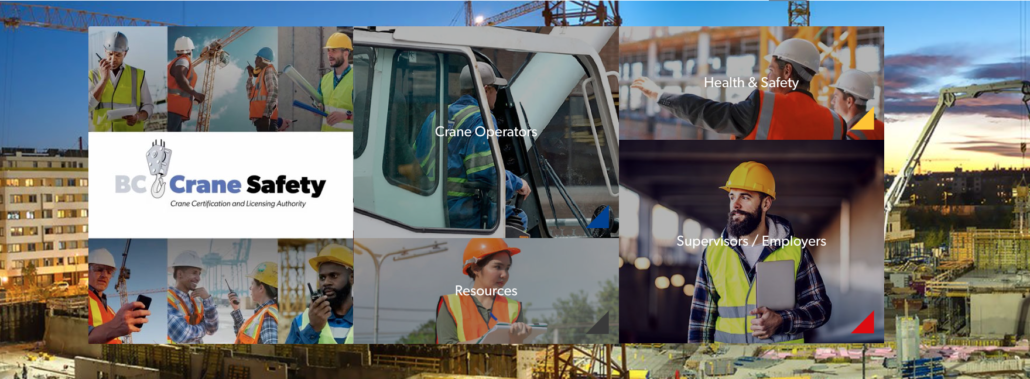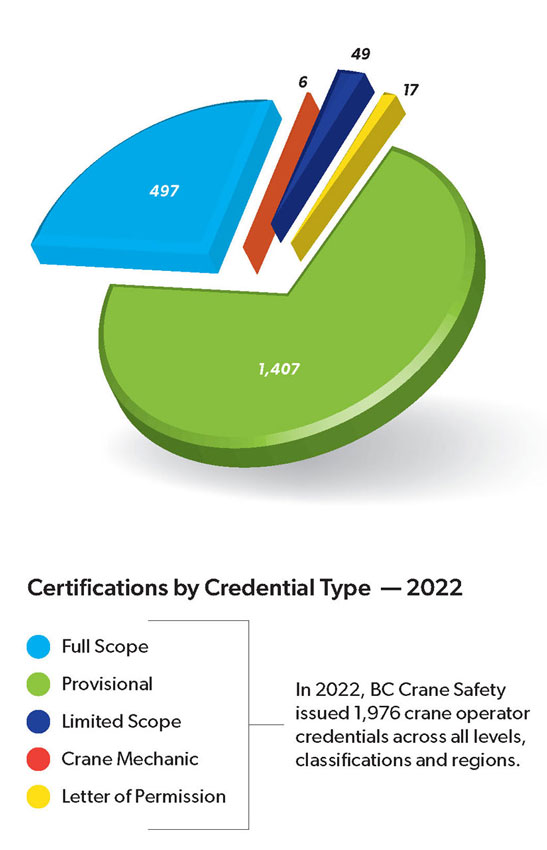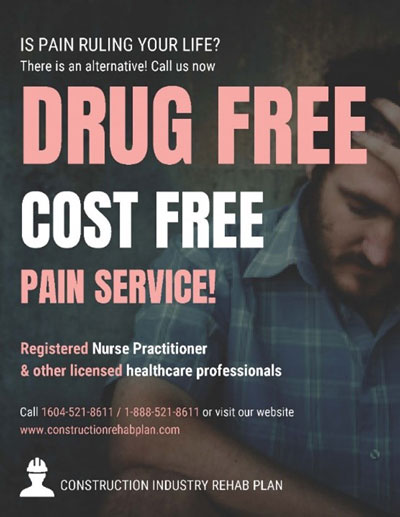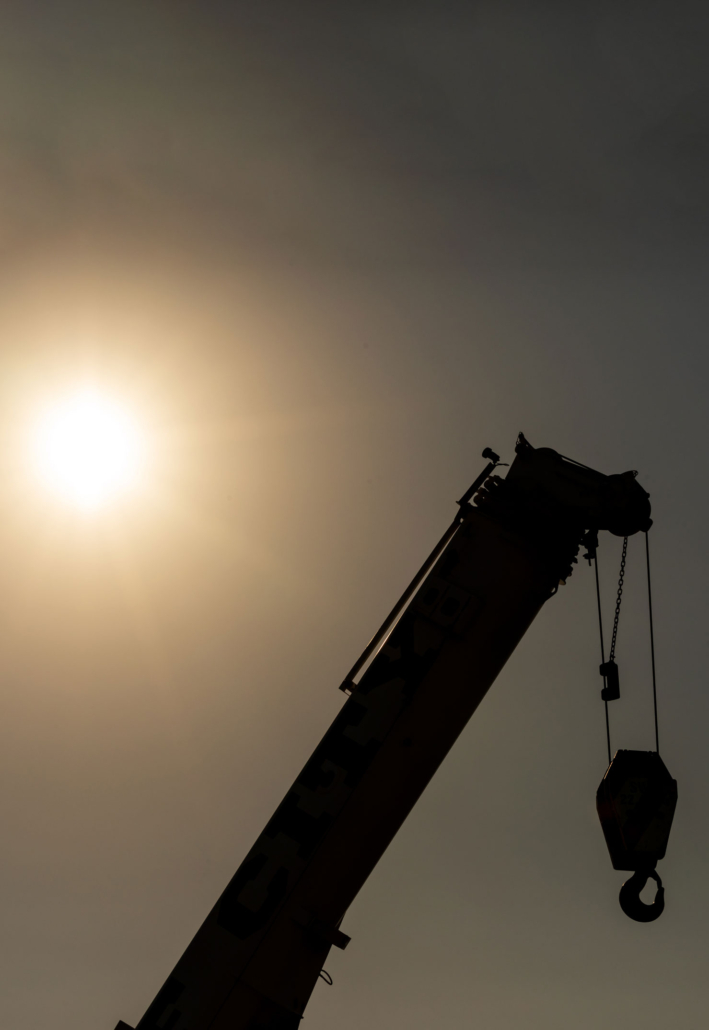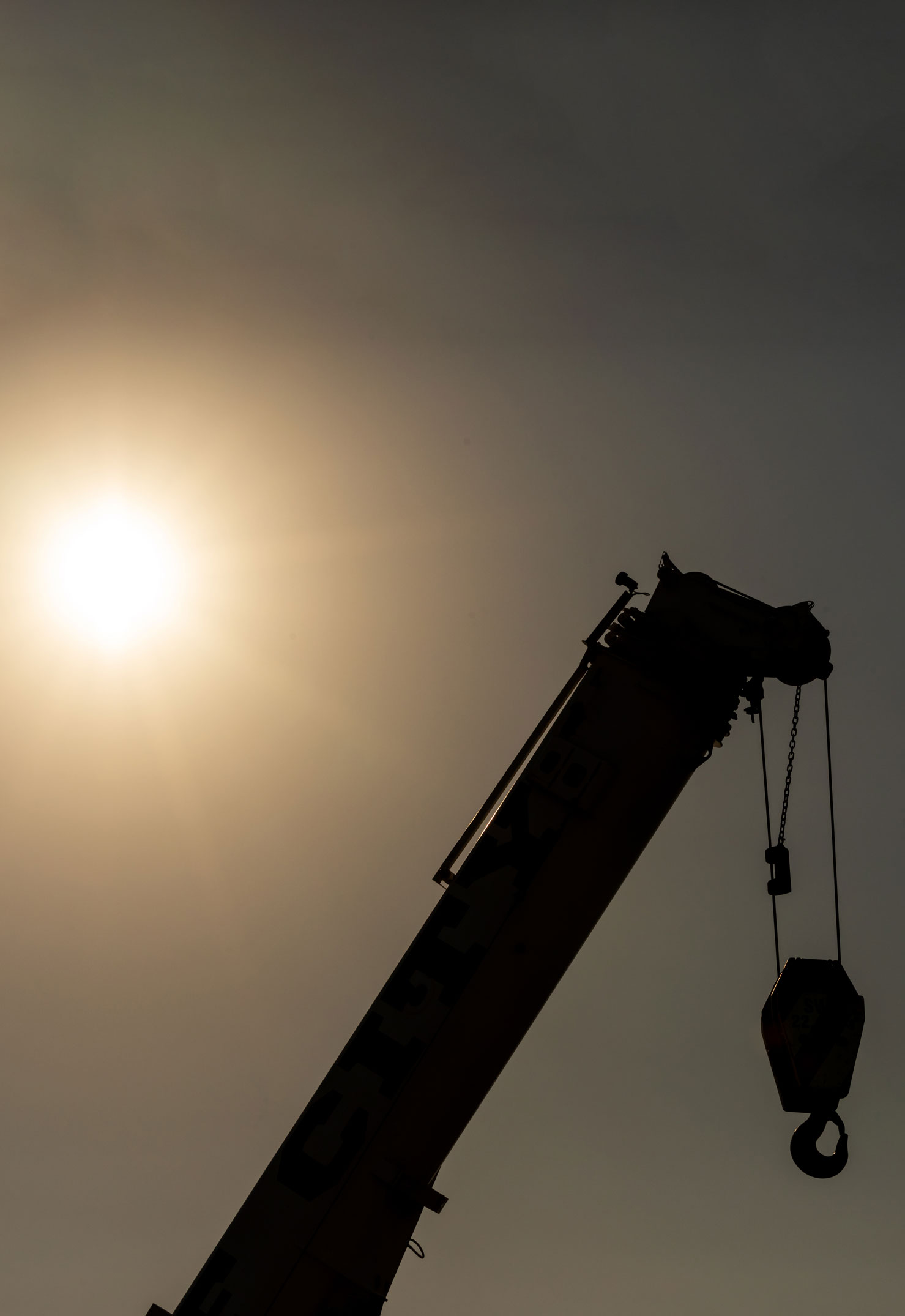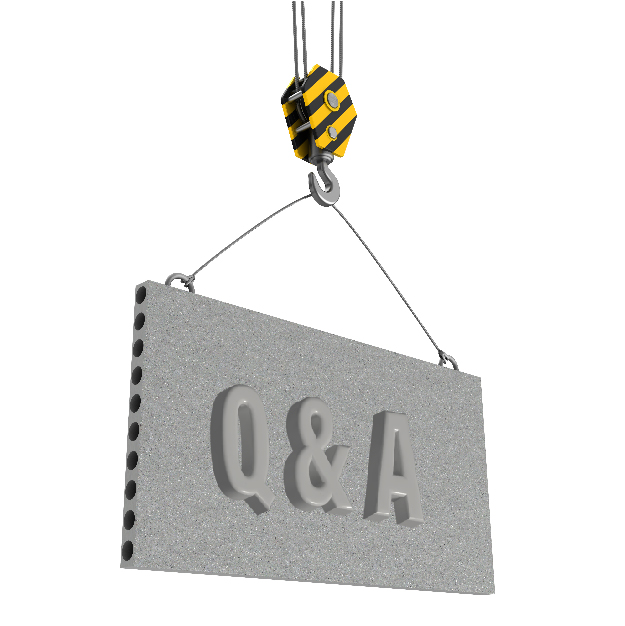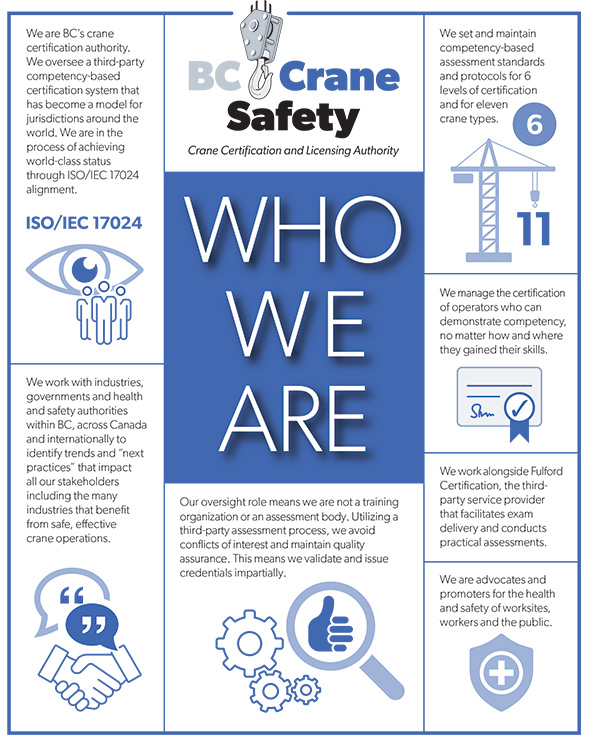BC CRANE SAFETY JUNE 2023
2022 Annual Report
Did you know BC Crane Safety issued certifications for 1,976 crane operators in 2022? Also, the percentage of women registering to train to become certified crane operators is keeping pace with the percentage of men. This is great news for the industry. Check out our 2022 Annual Report to learn more.
BC Crane Safety at the CCRA Conference May 16-18, 2023
BC Crane Safety was honoured to participate in this important conference hosted by the Canadian Crane Rental Association. We presented an update on the state of the industry in the province and the efforts we’re making to support it, as well as a report on a successful pilot project with the City of Vancouver to make tower crane assembly and dismantling safer, especially in busy urban areas.
Opioid-Free Pain Management
Substance use in the construction sectors exceeds that of almost all other professions, often because of injury, mental health issues and chronic pain. Now the Construction Industry Rehabilitation Plan (CIRP) is offering a program to help manage pain without any drugs.
Tips for Working in Hot Conditions
Temperatures inside a crane cab can turn dangerously hot in minutes. When the outside temperature is 26 degrees, it can take only ten minutes for the temperature inside of a car to heat up to 37 degrees. It can be the same inside the cab of a crane, especially if it doesn’t have air conditioning, and can lead to serious heat-related illness. Here are a few quick tips to prepare for work in hot weather:
- Dress for the heat – Wear light-coloured, breathable clothing and wear wide-brimmed hard hats if you are in direct sunlight.
- Keep your workspace cool – If you have air conditioning, use it. If not, open a window to help ventilate the cab. It will help evaporate sweat and cool your body.
- Stay hydrated – drink lots of water without added salt. If you’re thirsty, you’ve waited too long.
- Check-in regularly – take breaks in a cooler, shaded area and check in with your supervisor if you’re feeling light-headed, overheated or unwell.
If you are interested, please also check out BC Crane Safety Hazard Alert – Working in Hot Conditions.
Q & A
Q: Do Mobile cranes need an annual vehicle inspection? Does the dolly that is towed behind to support the boom need inspections?
A: Mobile cranes and dollies require annual inspections when they are being transported on the road. The crane itself also needs to be inspected before it operates which is called a non-destructive test, or “Safe-for-Use” inspection in BC.
Mobile cranes are considered commercial vehicles, so the chassis is subject to a CVIP just like any highway truck. The dolly is considered a commercial trailer and also requires a CVIP. Some classes of truck/trailer require semi-annual inspections. Learn more on the BC CVSE website.
Q: Does a Tower Crane Erection Report need approval from WorkSafeBC?
A: No. There is no regulatory requirement to have the tower crane inspected and approved by WorkSafeBC before it is placed into service. However, other authorities such as Translink, the land owner, or the power supply authority that is being encroached upon may have an approval requirement.

